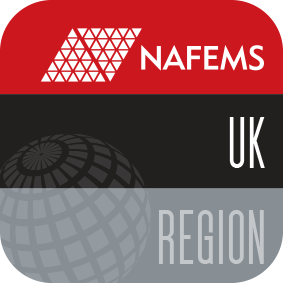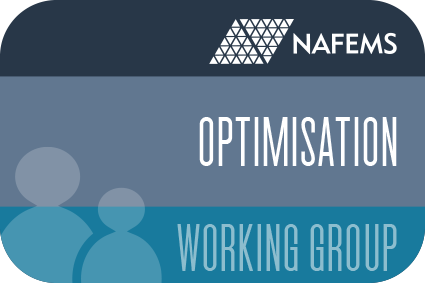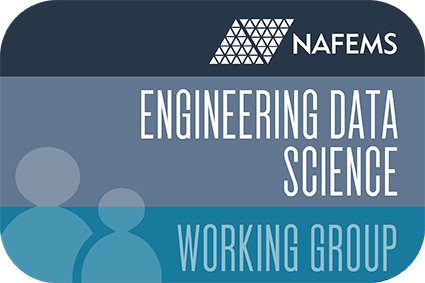Online Seminar
Artificial Intelligence in the Automotive Industry
13th & 14th September 2022
14:00 GMT Summer Time | 15:00 Europe Summer Time
09:00 Eastern Daylight Time | 06:00 Pacific Daylight Time
Artificial Intelligence (AI) and especially different aspects of Machine Learning (ML) are having an impact in many aspects of the Automotive Industry. The aim of this online seminar is to examine some of the uses of this technology and provide insight into how it can effectively be deployed.
Headline uses include the design process, inspection, testing and automated vehicle control. Although this seminar will focus on the Automotive environment and applications, many of the lessons will be transferrable to other industries. The aim of the seminar is to help delegates to appreciate:
- Fundamental principles of ML
- Variety of uses of AI / ML in the automotive and other industries
- Opportunities for the use of ML especially for the complex tasks associated with Automated vehicles and driver assistance
- A methodology for Assurance of Machine Learning Algorithms
- How to approach the deployment of software based on ML in Automated Vehicles and the challenges from a regulatory perspective
- Pitfalls and Good Practice in ML.
Agenda
Day 1 – Tuesday, 13th September
14:00
Chairman's Introduction & Welcome
Ross Hughes, Vehicle Certification Agency
Unlocking AV2.0 with Simulation at Wayve
Vinh-Dieu Lam, Wayve
Introduction to NAFEMS Engineering Data Science Working Group
Fatma Kocer-Poyraz, Engineering Data Science Working Group Vice Chair
- Update on ongoing projects and call for contributions
- Engineering Data Science Working Group Member introductions
- Member application presentations
- Astrid Walle, Neural Concept Ltd.
- Carsten Buchholz, Rolls Royce
- Fatma Kocer-Poyraz, Altair
- Peter Wooldridge, Monolith AI
- Vladimir Balabanov, Boeing
- Closing QA
16:00
Discussion Session
16:30
Close of Day 1
Day 2 – Wednesday, 14th September
14:00
Chairman’s Overview of Day 1 and Introduction to Day 2
Ross Hughes, Vehicle Certification Agency
Machine Learning- Aided Anomaly Detection in Manufacturing
Mohammed Babakmehr, Ford
Assurance of Machine Learning in Autonomous Systems
Richard Hawkins, Assuring Autonomy International Programme
Enabling safe learning for AI-based planners in Automated Vehicles
Siddartha Khastgir, WMG - The University of Warwick
Expert Led Panel Discussion Session
16:20
Closing Remarks
16:50
Close of Day 2





